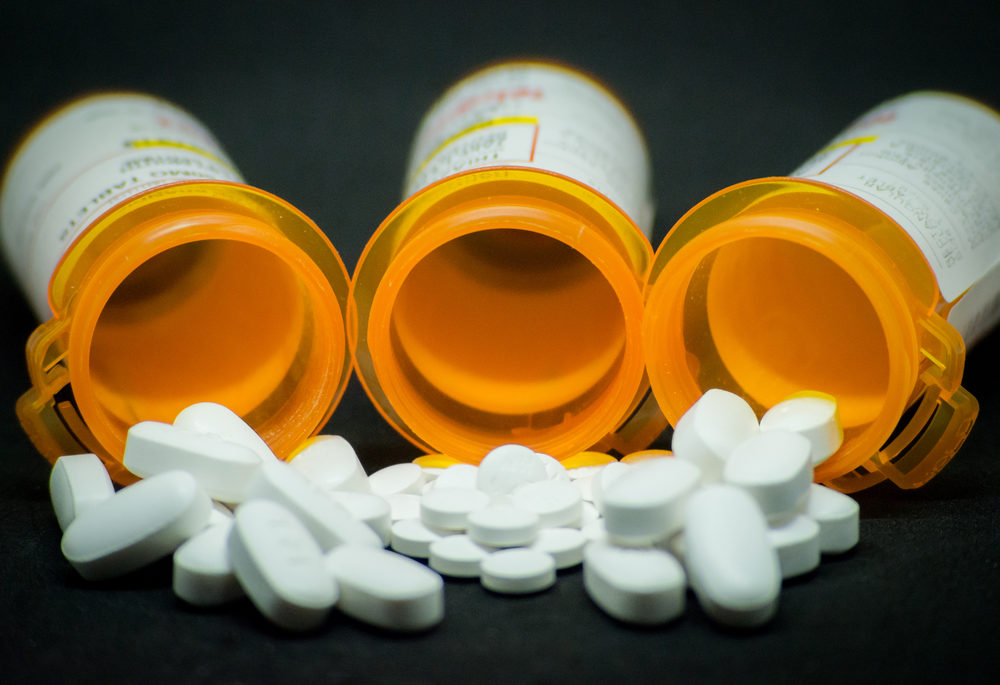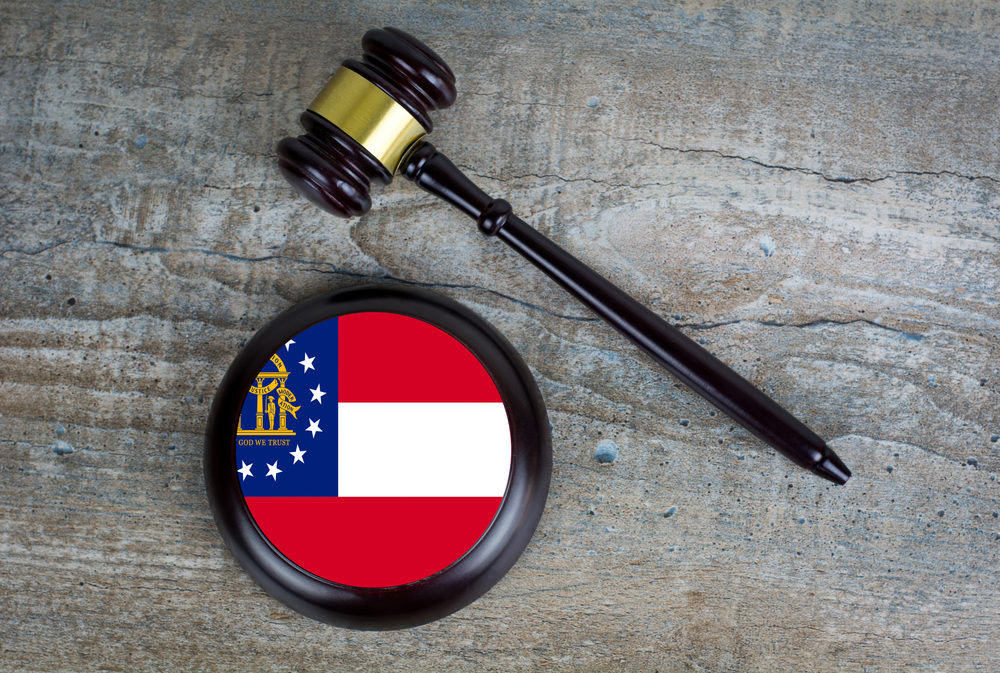When a physician gives you a prescription for a medication, it’s normal to trust their judgment and take it without question. But sometimes, drugs designed to help you can cause unforeseen problems. Read on to find out more about prescription medications and how they might affect you.
What Are Prescription Medications?
Prescription medicine must be ordered by a qualified healthcare professional, like a physician, nurse practitioner or pharmacist. Unlike over-the-counter (OTC) medications, like Tylenol, a pharmacist must fill a prescription drug. The prescription drug industry dates back to the early 19th century and is expected to be worth $1 trillion by 2026. In many cases, prescription medications can improve your quality of life and treat medical conditions. Some of the most common conditions that can be managed with prescription medications include:
- High blood pressure
- High cholesterol
- Hypothyroidism
- Diabetes
- Heartburn
- Asthma
- Depression
- Seizures
- Chronic pain
The Other Side Of Prescription Medications
While prescription medications can be therapeutic and help you combat illness, there’s something else to consider. Some prescription medications have unseen side effects, whether due to errors when prescribing or because the pharmaceutical company hasn’t shared all possible complications. In that case, patients may receive monetary damages because the company didn’t adequately warn them.
One recent example is Takeda Pharmaceuticals, a Japanese drug company. In 2015, Takeda paid $2.4 billion to patients who developed bladder cancer after using the diabetes drug Actos.

And in 1999, American Home Products (later acquired by Pfizer) settled for $3.75 billion with people who were injured after taking the diet drug fen-phen, which is no longer available. While these are large class-action settlements, there are countless smaller cases where plaintiffs received compensation for prescription drug errors, unforeseen side effects or another pharmaceutical complication.
Medication Error & Prescription Drugs
In the U.S. alone, up to 9,000 people die yearly because of medication errors. How can you lessen the chances of a prescription drug error, and what should you do if you experience side effects that you weren’t expecting? There’s no right way to handle a drug error — it depends on exactly what goes wrong. Learn more about common prescription errors and what you can do if it happens to you.
Common types of prescription errors include:
The Wrong Dosage Is Given. In this case, your doctor prescribes the wrong dosage, or your prescription is written correctly and wrongly filled by your pharmacy. Taking a precise measure of medication is essential for your health, and a dosing mistake can lead to injury or distress. Research published by the National Center for Biotechnology Information (NCBI) found that almost half of the medication errors are caused by healthcare providers miswriting prescriptions.
The Wrong Medication Is Given. This is an error that can happen in a hospital, long-term care facility or at home. Regardless, this occurs when a medical professional gives a patient the wrong medication, which can be dangerous. It may be caused by prescription drugs having similar packaging or names that are spelled almost the same.
Medication Interactions Aren’t Considered. Before giving you a new prescription, your physician may ask you which other medications you’re currently taking to make sure there aren’t any medication interactions. If your doctor doesn’t check for potential interactions, the pharmacist who fills the prescription can also warn you about any possible complications.
Drugs can interact with other medications, food or drink, or even your pre-existing conditions. For example, taking some drugs and grapefruit juice together can lead to increased side effects, and many heart medications interact with alcohol. If your doctor and pharmacist don’t check for interactions and subsequently make you aware, you could be at risk for mild to severe complications, depending on the medication.
You Aren’t Adequately Warned About Side Effects. You have the right to make an informed decision about your health. If a medical professional or pharmaceutical company doesn’t share all of the information about potential side effects, you may choose to take a prescription drug without knowing the worst-case scenario. For example, Zofran can be used to treat morning sickness in pregnant people, but it can also increase the risk of congenital heart defects. If you aren’t made aware of the possible adverse outcomes associated with a drug, you might make a choice that you’ll regret.
What To Do If You Have A Drug-Related Injury
Once you realize that something went wrong, you should seek medical attention for the injury. You also should consult with your doctor to determine if you should stop taking the medication in question.
It’s important to document where you filled the prescription when you began taking the medication and the dates and details about the side effects you are experiencing. In addition to sharing this information with a physician, you also should consult an attorney to discuss your legal options. You may be entitled to receive damages if a prescription drug has caused you harm.




















